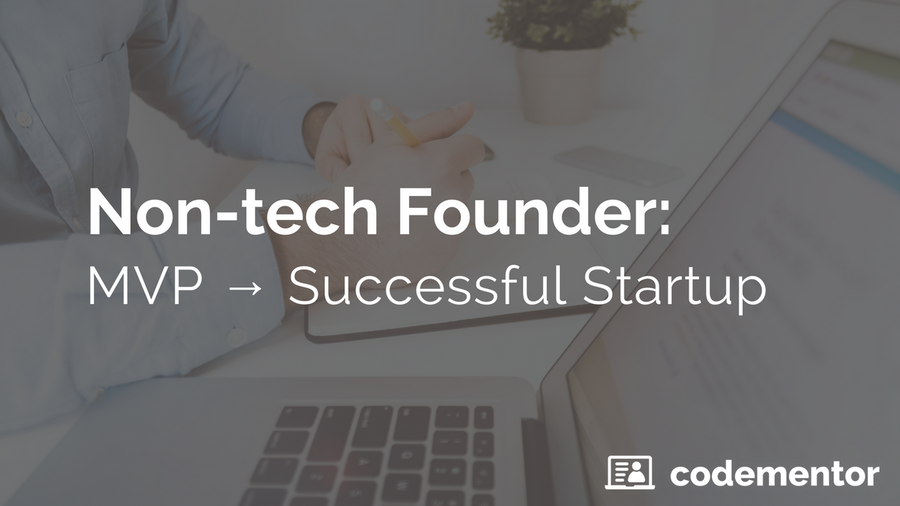This is a guest post written by Ashley M. Halligan from DigitalOcean.
Few things evolve as rapidly as the cloud technology industry, so staying up to date on the latest can be a daunting task. As a developer-focused company, we are constantly amazed by the inventiveness behind innovations in cloud development — which is why one of our biggest goals as a company is to celebrate these innovations and continually provide the developer community with the tools and support they need to bring their big ideas to life.
One way we do this is by researching trends in development so that we can better understand the needs within our community. This helps us deliver valuable research, product enhancements, and open source contributions based on the insights our community shares with us.
We recently launched our first survey of 2019, which focuses on trends surrounding remote work within the developer community. Whether you’ve worked remotely in the past or currently work remotely (or know a developer who fits this description), we’d love to gather your insights for our next report, which will be published in our next edition of Currents.
Highlights from 2018 Currents Research
As we gather feedback and begin to put our 2019 report together, we wanted to share highlights from our 2018 Currents research, which studied open source, container, bootcamp, net neutrality, and CI/CD trends. Below are some of our key findings from 2018.
Net Neutrality
Developers in the United States are strongly opposed to the repeal of net neutrality with 83 percent saying they believe the FCC made the wrong decision.
Open Source Projects
Twenty years in, just over half of developers surveyed are contributing to open source projects. But that’s less than what companies expect from their employees: three out of four respondents said their companies expect them to use open source software as part of their everyday work.
Of the five major tech companies — Microsoft, Google, Amazon, Facebook and Apple — developers overwhelmingly said Google is most supportive of the open source community, followed by Microsoft. Apple ranked last.
There’s a disconnect between companies’ encouragement of open source within their organizations, and their actual investment. Only 18 percent of respondents said their company is a member of an open source-related organization, and 75 percent said their company invests $1k or less every year in donations to open source.
Continuous Integration
As companies grow, they’re more likely to be using continuous integration (CI), while continuous delivery (CD) is used less than CI across companies of all sizes. We found that 68 percent of companies with 1,000 or more employees use CI, with financial services companies being most likely to use CI (72 percent), and nonprofits the least likely (39 percent).
Containers
Containers are reaching a tipping point, with 49 percent of developers now using them. With container technology and management tools advancing at a rapid pace over the last year, containers are becoming a go-to tool in the developer arsenal.
Kubernetes is the preferred platform
Serverless
Serverless computing is in a much earlier stage of adoption, with nearly half of developers failing to clearly understand what it is. One of the biggest challenges developers report when it comes to serverless is monitoring and debugging.
Jobs and Coding Bootcamps
Opportunity for growth and development is the most important thing developers want in their jobs, so it’s unsurprising this is the top reason they leave them. Companies that are deliberate about creating long-term paths for their developers are more likely to retain their technical workforce.
Bootcamp participants feel more prepared for the workforce than college graduates. However, nearly half feel it can sometimes be a disadvantage in job interviews. Still, employers are still warming to bootcamp graduates. While the majority of hiring managers say they make no distinction between bootcamp vs. college graduates, 48 percent have not filled any positions with a bootcamp graduate in recent years.
As you can see, our research covers a breadth of topics that impact the work of developers. And we couldn’t produce these critical reports without the overwhelming support of the developers within our community. We’re grateful to have so much involvement in these studies and hope we can continue delivering research and data of value.
You can read through our complete list of Currents reports. And as always, happy coding!
Author Bio
I've been many things throughout my career — a copywriter, content strategist, journalist, and the founder of a travel magazine — but my biggest loves will always be exploring (and writing about) tucked-away corners of the globe and examining the intersection of humanity and technology.


